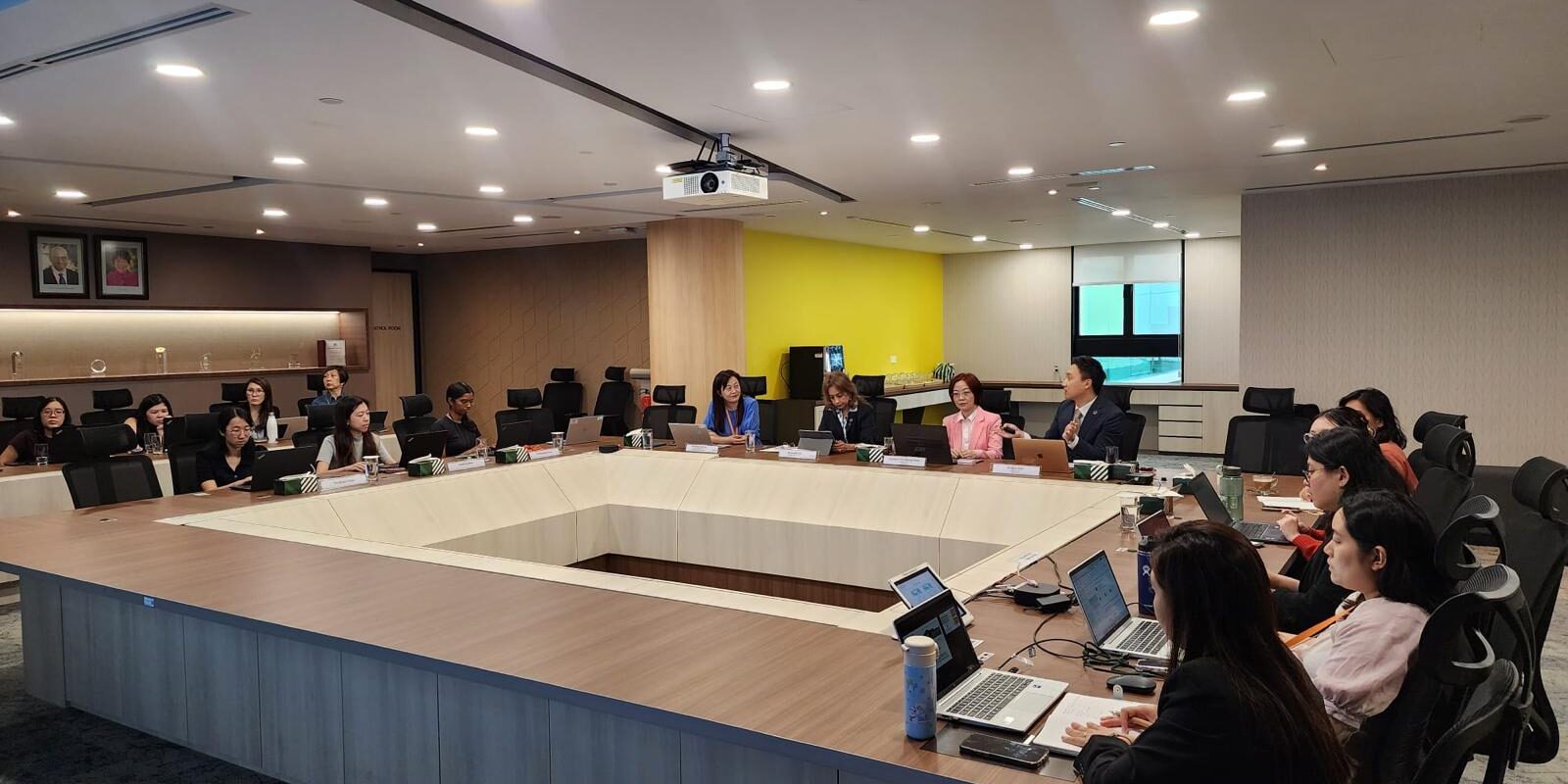
SGFIN Research Collaboration with ACRA on Singapore Climate-related Disclosures
8 Jul 2024
SGFIN has partnered with the Accounting and Corporate Regulatory Authority (ACRA) to conduct an in-depth research study titled "Unveiling Climate-related Disclosures in Singapore: Getting Ready for the ISSB Standards." This research collaboration involved Dr. Sean Shin, Research Affiliate at SGFIN, working alongside ACRA to analyze how 51 of Singapore's largest listed companies reported their climate-related information for the financial year 2022, using the Task Force on Climate-related Financial Disclosures (TCFD) framework.
The study provides valuable insights into the current state of climate-related disclosures in Singapore and prepares companies for the forthcoming International Sustainability Standards Board (ISSB) guidelines.
Here are the key highlights from the study:
- Governance: Nearly all companies (94%) have designated roles or established committees to manage climate risks and opportunities, showcasing a robust commitment. Around 75% fully described their process for Board involvement in climate matters. However, there is room to improve disclosures on how the Board shapes performance objectives to help investors assess strategic alignment with climate goals.
- Strategy: A majority of companies (88%) disclosed physical and transitional climate risks, while close to two-thirds (61%) reported climate-related opportunities. Approximately 75% conducted scenario analyses to evaluate the impact of climate change on their operations and financial performance but need to clarify their scenario choices, underlying assumptions, and strategic resilience. Only 16% fully integrated climate risks into their financial planning.
- Risk Management: Over two-thirds (71%) thoroughly disclosed their processes for identifying, assessing, and managing climate-related risks. However, only 24% explained the relative significance of these risks compared to others, and just 10% addressed their potential magnitude. This information is crucial for investors to gauge the company's preparedness for economic and regulatory shifts towards a lower-carbon economy.
- Metrics and Targets: Companies performed well in this area, with strong disclosures for Scope 1 and 2 GHG emissions (96% and 100%, respectively) and significant progress on Scope 3 emissions (59%). Most companies (80%) set emission reduction targets and timeframes, demonstrating a commitment to environmental sustainability. To enhance transparency, companies should disclose interim milestones, opportunity metrics (8%), and link executive pay to climate performance (6%).
Here are the key highlights from the media interviews:
- While there are still improvements to be made, large Singapore companies are making good progress in climate reporting. “Good progress” can be defined as companies disclosing key TCFD elements - Governance, Strategy, Risk Management, and Metrics and Targets. This is an important step towards higher standards, placing them in a good position to report using the ISSB standards eventually.
- A comprehensive understanding and complete disclosure of climate risks’ magnitude and relative significance are crucial. This allows for more informed investment decisions, enhances transparency, builds trust with stakeholders, and enables companies to prioritize their risk management efforts effectively.
- Disclosing interim milestones and pathways is vital for tracking progress towards net-zero goals. It helps break down the task of achieving net zero into smaller and more actionable steps, reduces the likelihood of greenwashing, and demonstrates genuine commitment.
- Three key factors are essential for effective climate reporting: People, Data, and Experience. We need people with the necessary knowledge and skills to manage and use climate data effectively; reliable data is crucial for accurately measuring carbon emissions; and experience is vital, making it imperative for companies, especially SMEs, to start their climate reporting efforts early.


